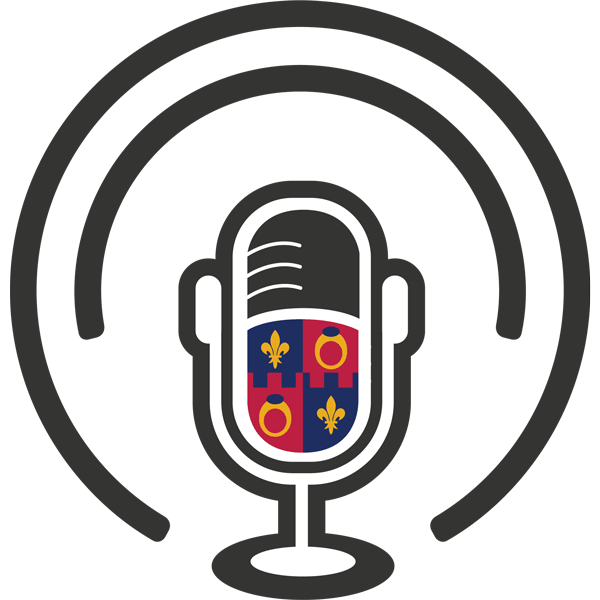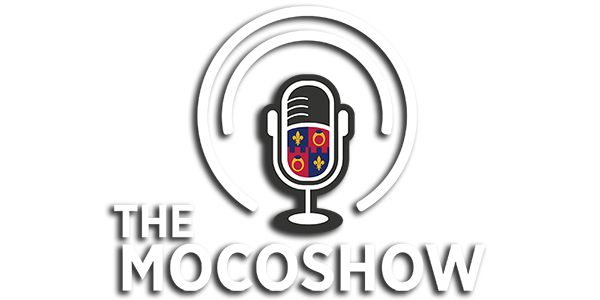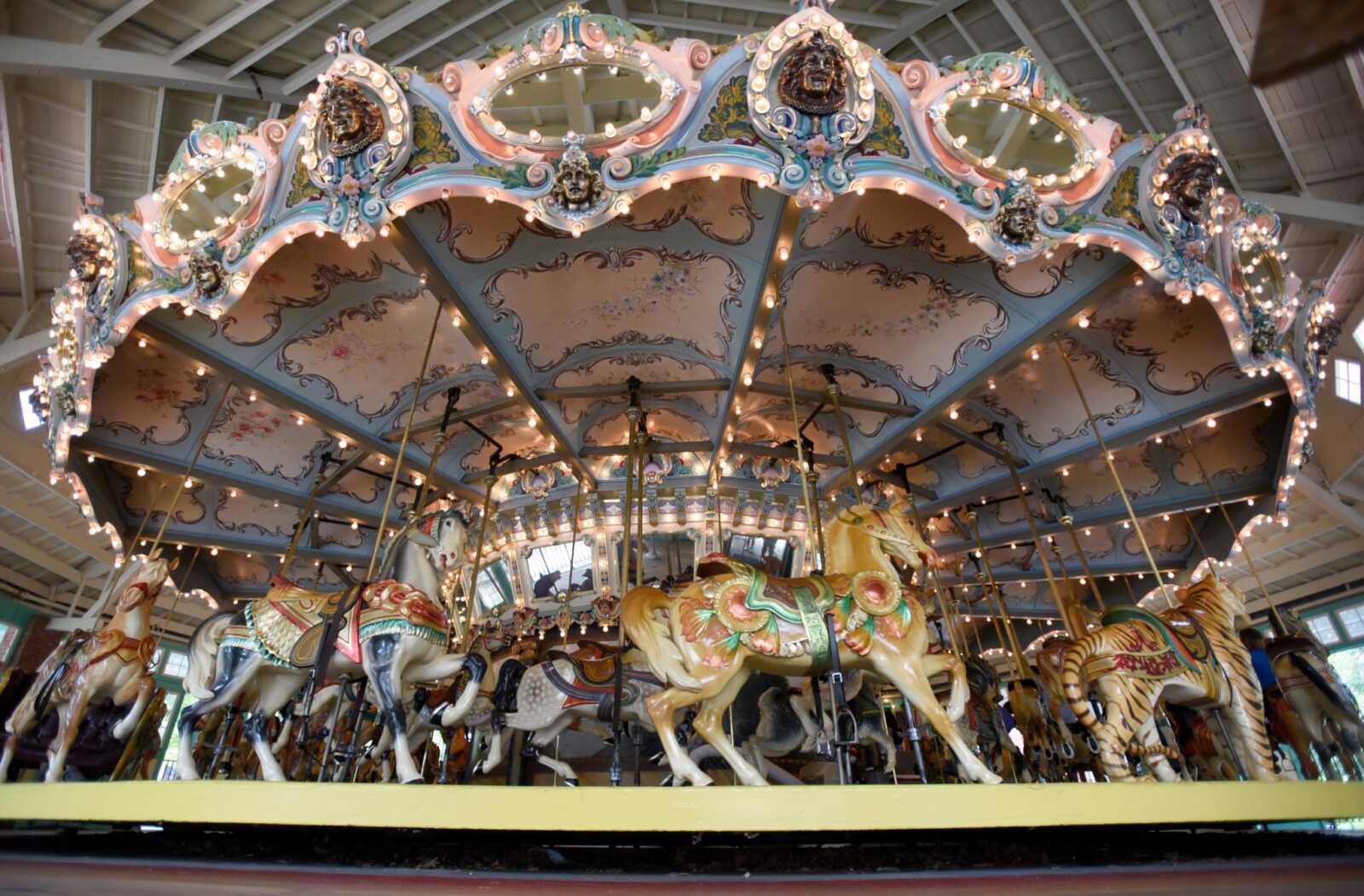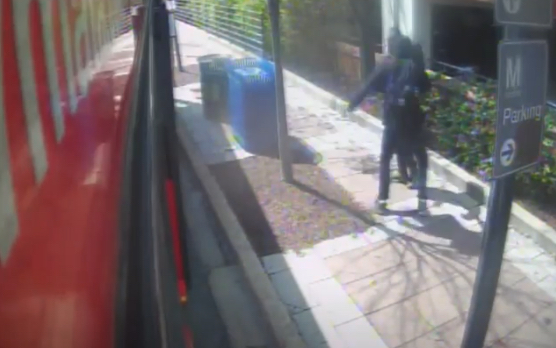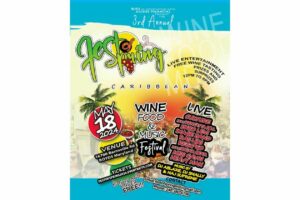
Effective February 25, 2022, CDC does not require wearing of masks on buses or vans operated by public or private school systems, including early care and education/child care programs.
Effective February 25, 2022, CDC is exercising its enforcement discretion to not require that people wear masks on buses or vans operated by public or private school systems, including early care and education/child care programs. CDC is making this change to align with updated guidance that no longer recommends universal indoor mask wearing in K-12 schools and early education settings in areas with a low or medium COVID-19 Community Level. School systems at their discretion may choose to require that people wear masks on buses or vans.
Earlier today, MCPS sent out a message stating that “it is anticipated that the Montgomery County Board of Education, at its March 8 business meeting, will vote to make masks optional in MCPS facilities.” The decision for buses may also be made at that time.
Full update from the CDC:
Traveling on public transportation increases a person’s risk of getting and spreading COVID-19 by bringing people in close contact with others, often for prolonged periods, and exposing them to frequently touched surfaces. Air travel often requires spending time in security lines and busy airport terminals. Travel by bus, train, and other conveyances used for international, interstate, or intrastate transportation poses similar challenges. Staying 6 feet away from others is often difficult on public transportation conveyances. People may not be able to distance themselves by the recommended minimum of 6 feet from other people seated nearby or from those standing in or passing through the aisles on airplanes, trains, or buses.
Travel contributes to interstate and international spread of COVID-19. Wearing masks that completely cover the mouth and nose reduces the spread of COVID-19. People who never develop symptoms (asymptomatic) or are not yet showing symptoms (pre-symptomatic) might not know that they are infected but can still spread COVID-19 to others. Masks also offer protection to the wearer.
On January 29, 2021, CDC issued an Order that required face masks to be worn by all people while on public transportation (which included all passengers and all personnel operating conveyances) traveling into, within, or out of the United States and U.S. territories. The Order also required all people to wear masks while at transportation hubs (e.g., airports, bus or ferry terminals, train and subway stations, seaports, U.S. ports of entry, and other locations where people board public transportation in the United States and U.S. territories), including both indoor and outdoor areas.
Effective February 25, 2022, CDC is exercising its enforcement discretion to not require that people wear masks on buses or vans operated by public or private school systems, including early care and education/child care programs. CDC is making this change to align with updated guidance that no longer recommends universal indoor mask wearing in K-12 schools and early education settings in areas with a low or medium COVID-19 Community Level. School systems at their discretion may choose to require that people wear masks on buses or vans.
CDC previously announced that it would use enforcement discretion to not require people to wear a mask in outdoor areas of conveyances (if such outdoor areas exist on the conveyance) or while outdoors at transportation hubs. CDC will continue to evaluate the requirements of its Order and determine whether additional changes may be warranted.
While in indoor areas of conveyances or while indoors at transportation hubs, people are not required to wear a mask under the following circumstances:
- while eating, drinking, or taking medication for brief periods of time;
- while communicating for brief periods of time with a person who is hearing impaired when the ability to see the mouth is essential for communication;
- if, on an aircraft, wearing oxygen masks is needed because of loss of cabin pressure or other event affecting aircraft ventilation;
- if unconscious (for reasons other than sleeping), incapacitated, unable to be awakened, or otherwise unable to remove the mask without assistance;
- when necessary to temporarily lower or remove the mask to verify one’s identity such as during Transportation Security Administration (TSA) screening or when asked to do so by the ticket or gate agent or any law enforcement official;
- when experiencing difficulty breathing or shortness of breath or feeling winded, until able to resume normal breathing with the mask; when vomiting until vomiting ceases; or if wearing a mask interferes with necessary medical care such as supplemental oxygen administered via an oxygen mask.
The following categories of people continue to be exempt from the requirement to wear a mask:
- A child under the age of 2 years;
- A person with a disability who cannot wear a mask, or cannot safely wear a mask, because of the disability as defined by the Americans with Disabilities Act (42 U.S.C. 12101 et seq.);
- A person for whom wearing a mask would create a risk to workplace health, safety, or job duty as determined by the relevant workplace safety guidelines or federal regulations.
People on board the following categories of conveyances continue to be exempt from the requirement to wear a mask:
- Private conveyances operated only for personal, non-commercial use;
- Commercial motor vehicles or trucks, if the driver is the only person in the vehicle or truck, or the vehicle or truck is operated by a team who all live in the same household and are the only persons in the vehicle;*
- Conveyances operated or chartered by the U.S. military as long as the operator of the conveyance follows all requirements of U.S. military services to prevent spread of COVID-19 that are equivalent to the requirements in CDC’s Order.
*Non-passenger-carrying commercial vessels operated by a team of mariners who all live on the vessel and are the only people on the vessel are also permitted to use this exemption.
Frequently Asked Questions
General
Recent Stories
FEST OF SPRING Caribbean Wine Food & Music Festival
Get ready to experience the vibrant colors, tantalizing flavors, and infectious rhythms of the Caribbean at the FEST OF SPRING Caribbean Wine Food & Music Festival! Hosted by RHU LLC, this exciting festival is set to take place on May 18, 2024, at the picturesque 16700 Barnesville Rd in Boyds, MD.
Step into a world where the Caribbean spirit comes alive! From 12:00 PM onwards, immerse yourself in a sensory journey that celebrates the unique culture, cuisine, and music of the Caribbean. Whether you're an African American, a Reggae or Soca music enthusiast, a wine lover, or part of the vibrant Caribbean diaspora, this festival promises to delight and captivate you in every way.
Let the enticing aromas of mouthwatering Caribbean dishes tantalize your taste buds. Feast on traditional delicacies prepared by expert chefs, showcasing the rich and diverse culinary heritage of the Caribbean. Indulge in flavorful jerk chicken, succulent seafood, and delectable plantain dishes that will transport you straight to the islands.
Accompanying the culinary extravaganza is a carefully curated selection of premium wines, ensuring the perfect pairing for your palate. Sip on fine wines from renowned vineyards, each sip a reflection of the Caribbean's vibrant spirit. Discover new flavors, expand your wine knowledge, and savor unforgettable moments with every glass.
As the sun sets, get ready to groove to the infectious rhythms of Caribbean music. Feel the pulsating beats of reggae, soca, dancehall, and calypso, moving your body to the lively melodies. Live performances by talented musicians and performers will keep the energy high, ensuring a night of unforgettable entertainment.
Don't miss this opportunity to embrace the Caribbean spirit and celebrate the arrival of spring in style! Tickets are available on AllEvents, so secure your spot today. Join us at the FEST OF SPRING Caribbean Wine Food & Music Festival, where cultures collide and unforgettable memories are made.
LIVE PERFORMANCES By: CULTURE Feat. Kenyatta Hill, EXCO LEVI, IMAGE BAND, RAS LIDJ REGG'GO with Special Guest SUGAR BEAR FROM E.U. & MORE! & MORE!
MUSIC By: DJ ABLAZE, DJ SMALLY & NAJ SUPREME
2 NIGHT Camping packages available: RV/CAMPER $200 | TENTS $150 Starting on Friday May 17 @ 5pm | 30 RV SPACES | 30+ TENT SPACES
KIDS 12 & UNDER FREE!!!
